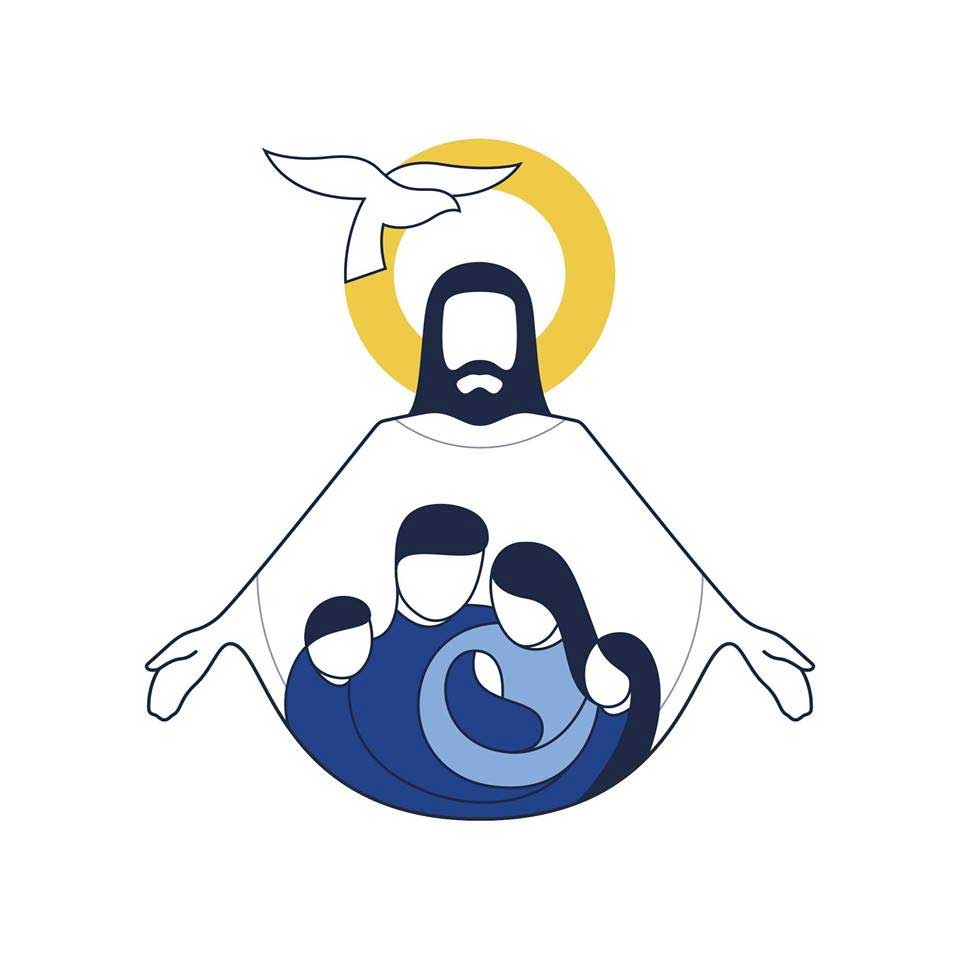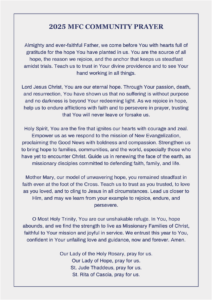September 22, 2019
Today’s gospel: Luke 16:1-13
Jesus is the way and the truth and the life. Truth is about honesty. But in this parable, Jesus commends a dishonest steward. Actually, he does not commend the dishonesty but the prudence. “And the master commended that dishonest steward for acting prudently.” (v.8a). It is like when I commend the devil for his zeal in doing his diabolical work, being much more zealous than God’s people in doing His divine work.
This parable is about the use of worldly resources. If we are to be built on Rock, then we need to put on Jesus’ mind about money and material resources. There are three lessons.
First, make prudent use of your wealth. Unfortunately, “the children of this world are more prudent in dealing with their own generation than are the children of light.” They are more worldly than heavenly. (v.8b).
Consider:
- People spend money on themselves and try to be prudent with their money, buying things they value or investing in profitable ventures, but do not spend enough money on the work of the Kingdom, withholding from God their tithes.
- People spread gossip with much enthusiasm, but do not spread the word of God as much.
- People go up the ladder of success with determination, but do not strive as hard to go up the scale of holiness.
Such people are building on sand and not on rock. “I tell you, make friends for yourselves with dishonest wealth, so that when it fails, you will be welcomed into eternal dwellings.” (v.9). Money has the power to possess one’s heart and mind, to corrupt one’s values, to lead one to do unsavory activities. But money is needed and is useful for the work of the Kingdom. It fails to fulfill God’s intent, if not used for His purposes. This is ultimately the only investment that yields true fruit, and that is eternal life.
Second, be faithful to the task entrusted to you. God gives gifts to all for the use of the Kingdom. God might start you off with a small gift, but if you prove trustworthy, He entrusts more to you. “The person who is trustworthy in very small matters is also trustworthy in great ones; and the person who is dishonest in very small matters is also dishonest in great ones.” (v.10). Consider:
- If you are able to properly care for your own nuclear family, then God can use you to take care of the larger community of God’s people.
- If you share Christ with your inner circles, God can use you to share Christ with ever expanding circles of society and the world around you.
- You start out as a Household Servant in CFC-FFL, but God wants to give you greater responsibilities, and you move on to be Unit Servant, then Chapter Servant, and so on.
Not all of us will immediately be working in the Kingdom of God, but all of us, by natural processes, find ourselves in the world. We work, we raise a family, we interact with others. God looks at how we handle ourselves in the secular realm. If we are faithful, He chooses us and calls us to do His work. This however is not just for the so-called good people, but even for great sinners. Such was Saul. He was zealous in doing what he believed in, even if such was totally contrary to Christ. But Jesus chose and called him. Thus the principle: “If, therefore, you are not trustworthy with dishonest wealth, who will trust you with true wealth?” (v.11).
Such people are building on the foundation that is Christ. To build is to put one stone after another, until the whole edifice is finished.
Third, serve God and not mammon. God and mammon are demanding and jealous taskmasters, desiring to totally possess us. We need to make our choice. “No servant can serve two masters. He will either hate one and love the other, or be devoted to one and despise the other. You cannot serve God and mammon.” (v.13). The one who loves and serves mammon is building on sand, while the one who loves and serves God is building on rock.
Jesus in fact has said that those who do not renounce all his possessions cannot be his disciple. Does that mean we have nothing at all to do with money? Not at all. We need money to eat, feed our family, and do our mission. What it means is that we are prudent in handling dishonest wealth. Consider:
- If as a petty clerk we steal from our company, can we be trusted to not steal when entrusted with bigger amounts contributed for God’s work in the church? Judas was a thief, and when he became an apostle, was still a thief.
- If we choose to regularly miss Sunday Mass in order to do overtime work to earn more money, is it the prudent use of our time?
- If we use our talents to advance our careers and be caught up even more in secular undertakings, to the point where we decline opportunities to serve God, do we have our priorities right?
So God first, and money becomes incidental. If we have this posture, then God can truly use us to serve Him. “If you are not trustworthy with what belongs to another, who will give you what is yours?” (v.12). What is yours, or what is desired for you by God, is eternal life. The only way to achieve it is to be trustworthy with the things of God and build on the Rock that is Christ.






